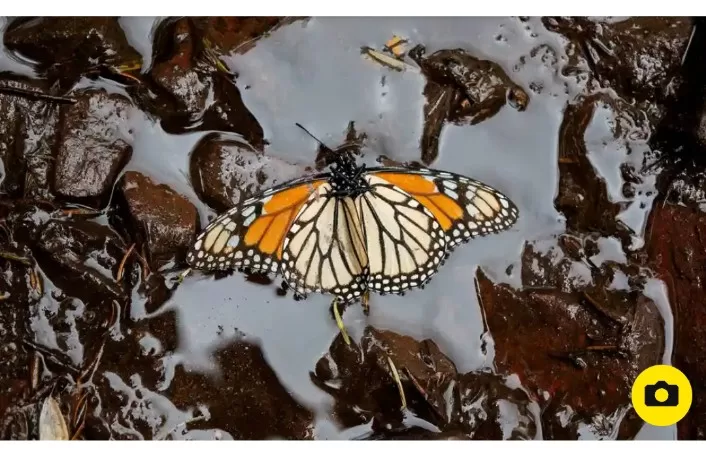In a stark revelation, a comprehensive study indicates that the number of species facing extinction has doubled previous United Nations estimates, bringing the alarming figure to two million. While the decline of plant and vertebrate species has been extensively documented, uncertainty has shrouded the fate of insects. The newly acquired data reveals a considerably higher proportion of insect species at risk of extinction, compelling a reassessment of the global biodiversity crisis.
Lead researcher Axel Hochkirch from the Musée National d’Histoire Naturelle in Luxembourg emphasized the urgency of addressing the threat to insects. As the most species-rich group of animals on Earth, insects play a pivotal role in sustaining the planet’s ecosystems. They are vital for pollinating crops, recycling nutrients into soils, and decomposing waste, making their preservation crucial for the planet’s survival.
The study focused on European species listed in the International Union for Conservation of Nature’s red list of threatened species. Extrapolating these findings globally, the analysis suggests that one-fifth of European species are at risk of extinction, with invertebrates, plants, and vertebrates facing varying degrees of threat.
The primary driver behind this alarming trend is the expansion of agriculture, leading to the loss of natural habitats. Human activities such as overexploitation of natural resources, pollution, and residential and commercial development further contribute to the decline of species.
Despite the grim outlook, the study underscores the potential for conservation efforts to make a significant impact. Conservation actions, particularly those involving the increase of large predators across Europe, have shown positive results. However, the urgent need for comprehensive and immediate measures to combat the global biodiversity crisis remains paramount.
The study’s findings reinforce the magnitude of the impact of agricultural land-use change, emphasizing the imperative for concerted global efforts to preserve biodiversity. The urgency of addressing the crisis remains irrespective of the specific numerical estimate, and the study serves as a poignant reminder that humanity is witnessing unprecedented rates of biodiversity loss.







